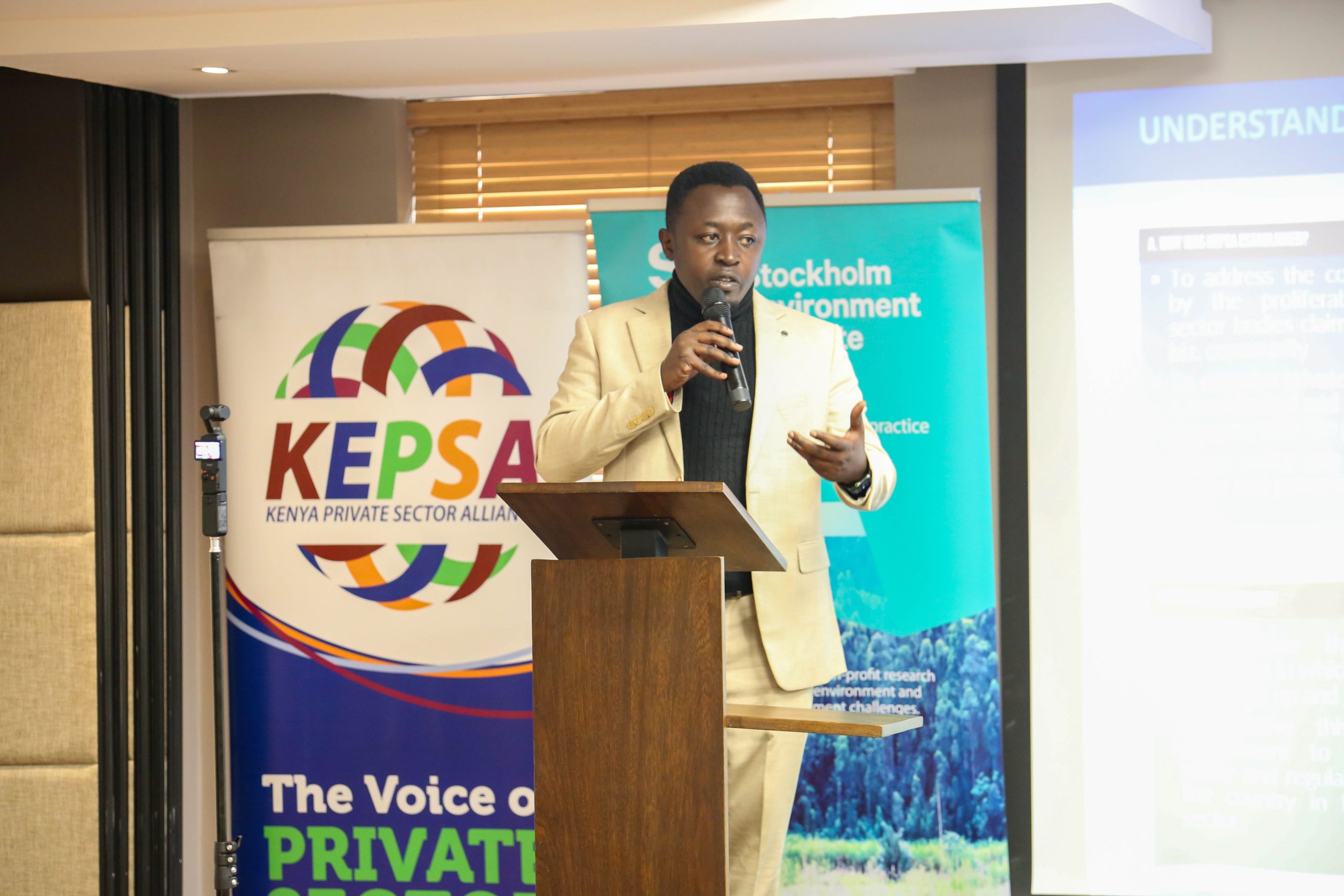Kenya is positioning itself as a hub for bio-based industries through a new initiative that seeks to create business clusters and shared infrastructure for enterprises in the sector.
The project, titled Advancing Bio-economy Development in Kenya (ABDK), aims to establish industry clusters that will allow small and medium-sized bio-based enterprises to share resources, attract investment and compete more effectively in the market.
The push, led by the Kenya Private Sector Alliance (KEPSA), the Stockholm Environment Institute (SEI) and the Swedish government, will allow local firms to among others share research labs, pilot plants and collective markets, lowering entry costs for small and medium-sized enterprises (SMEs).
The, Swedish International Development Cooperation Agency funded program, is designed to generate evidence for new business opportunities, promote policy engagement and foster partnerships between Kenyan and Swedish players.
“This forum is about the opportunities in terms of interacting with other businesses, and also the opportunities to map out technological transfer and to see what kind of gaps and matching areas where we calculated between Kenyan enterprises and Swedish enterprises, “said Stockholm Environment Institute, Africa program leader Romanus Opiyo
The bioeconomy—is the use of biological resources for food, energy, medicine and industrial products—remains largely underdeveloped in Kenya despite its vast potential.
Agriculture accounts for more than 30 percent of GDP and supports over 40 percent of the population, yet value addition through modern bioprocessing technologies remains low.
According to the organisers, the project will bring together entrepreneurs, researchers, financiers, policymakers and international organisations to develop roadmaps for four priority clusters:
Value addition and circular food systems, including fortified foods and waste-reduction innovations. The second cluster will be Bio-based agricultural inputs such as biofertilisers and biopesticides for regenerative farming.
Others are Bio-based industrial products including biodegradable packaging and bio-based construction materials and Sustainable bioenergy – spanning biomass energy, briquette production and clean energy from organic waste.
According to SEI, clustering and road mapping will help Kenyan micro, small and medium-sized enterprises (MSMEs) accelerate growth, scale up innovations and attract international investors.
“Shared infrastructure reduces individual investment burdens while joint marketing enhances market reach. Clusters also increase visibility, giving companies a stronger chance of securing capital and government support,” the institute said.
Industry experts say organised clusters could help unlock this potential by strengthening local innovation ecosystems and attracting financing.
Investors are more likely to fund organised sectors with clear roadmaps and credible growth trajectories, making cluster development a key step toward de-risking the industry.
Mary Mbenge from the Embassy of Sweden noted that the sectors at the forum align well with Vision 2030, the African Union Agenda 2063 and global initiatives.
“This is very important for Kenya, because this will provide employment for the youth and they’re very creative in bringing innovation hubs and startups well,” said Mbenge.
The ABDK project will also provide a governance framework for ongoing coordination and support among enterprises, ensuring long-term sustainability of the clusters.
KEPSA says, For Kenya, the timing is crucial. Rising demand for sustainable products and clean energy globally is opening new export markets, while locally, bio-based innovations promise to reduce waste, cut costs for farmers and create green jobs.
The development of bio-based clusters offers Kenya an opportunity to leapfrog into a sustainable industrial future.
“As KEPSA, we are proud to be part of this engagement and the reason being that, we believe that our main work, is to ensure that job opportunities are created” said KEPSA head of consult & senior circular economy and climate change Jackson Koimbori.
With biodiversity, a strong agricultural base and growing interest in green solutions, Kenya has the raw materials needed to build a thriving bioeconomy. The ABDK project now aims to turn that promise into a structured, investable reality.
by JACKTONE LAWI













